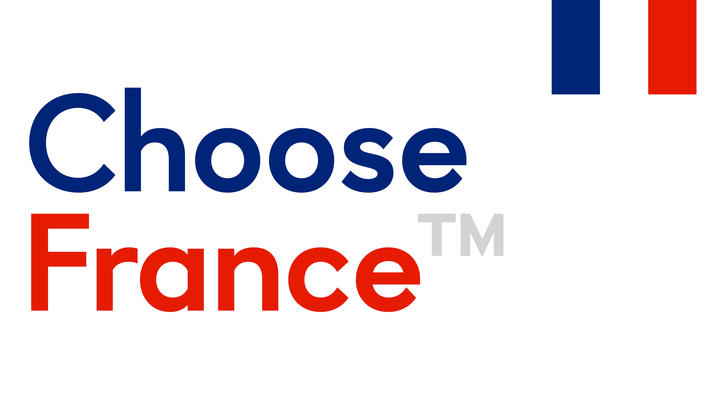The national “Batteries” strategy, a key prority for France on sustainable mobility
European demand for batteries is growing fast and is set to increase 14-fold by 2030, mainly driven by the electrification of transport. Given the strategic nature of the battery industry and its economic significance, the emergence of a French industrial offer has been France’s top priority.
In 2018, France launched the Plan Batteries, subsequently extended by France 2030, aimed at accelerating the development of a national battery industry. This ambitious strategy has enabled France to attract investment for six gigafactories: ACC, Envision, Verkor, Prologium, Tiamat and Blue Solutions. Today, France’s efforts are focused on attracting projects covering the entire battery value chain in order to establish a comprehensive national offering. This ambitious vision is underpinned by a proactive policy addressing both supply and demand in the battery market.
Strong financial support for industrialization on the battery value chain
To support projects in the battery industry, France has decided to create a new tax credit covering 25% of investment expenditure for large companies and up to 45% for small companies capped at €200 million per company. This initiative aims to support the industrialization of green technology equipment, complementing the existing €54 billion “France 2030” subsidy program. This tax credit will be valid for all projects decided on before the end of 2025, giving France a 2-year window to welcome as many projects as possible in the battery sector.
To apply for approval or request information about this tax incentive scheme, please write to the following dedicated address: c3iv@dgfip.finances.gouv.fr.
C3IV eligibles activities in the Battery sector
- Equipment : Cells and Modules
- Components : Electrodes (anode, cathode), Electrolytes, Copper and aluminium foils, Separators
- Raw materials (including conversion, extraction and recycling) : CAM/PCAM, Natural and artificial graphite, Electrolyte salts (LiFSI, LIPF6), Polymer binders, Carbon nanotubes, Nanometric silicon powders, Calcium zincate, Lithium, Nickel, Manganese, Cobalt
Battery capacity production by 2030
direct jobs created by these gigafactories in 2030
French state aid as part of the two projects of common European interest on Batteries (IPCEIs)
battery-related projects supported by France 2030 schemes, representing 2,3 bn€ in State aid and 8,2 bn€ investments (IPCEIs excluded)
Strong support for research and innovation
France 2030 has been investing on upstream research to develop this new industry. To this end, the “Programme et Equipements Prioritaires de Recherche” (PEPR) dedicated to batteries, led by the Centre National de la Recherche Scientifique (CNRS) and the Commissariat à l’Energie Atomique et aux Energies Alternatives (CEA), is designed to support industrial sectors with technological innovations (TRL 1-4) that can be transferred to economic players in the short-to-medium term. It will also lay the foundations for longer-term developments in the field.
Over and above the necessary change of scale in industrial production, the challenges to be met if electric mobility is to be economically viable and sustainable are essentially technological in nature. They range from the design of sustainable alternatives to Li-ion systems, which are now unavoidable, to battery recycling technologies to recover electrodes, active materials and components, and thus minimize the consumption of primary resources.


